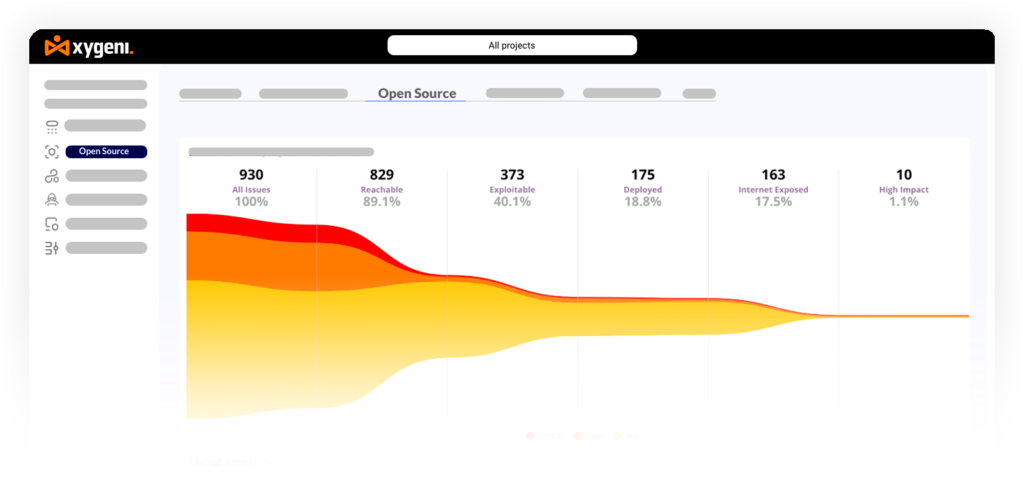What is Ethical Hacking? #
Ethical hacking, also called penetration testing, involves simulating cyberattacks on a computer system or network with permission from the owner. Ethical hackers use the same methods and tools as malicious hackers but with a legitimate purpose: to identify and address vulnerabilities before they can be exploited.
Why is Ethical Hacking Important? #
Ethical hacking plays a crucial role in modern security by:
- Proactive Defense: Uncovers security weaknesses before attackers can leverage them for malicious purposes.
- Improved Security Posture: Helps organizations prioritize vulnerabilities and implement effective security measures.
- Enhanced Resilience: Enables organizations to test their incident response plans and preparedness.
Key Benefits of Ethical Hacking: #
- Reduced Risk of Breaches: Early detection and remediation of vulnerabilities minimize the chances of successful cyberattacks.
- Compliance: Ethical hacking can help organizations meet industry regulations and compliance standards.
- Cost Savings: Preventing a single breach can save organizations significant financial losses compared to the cost of ethical hacking.
Tools for Ethical Hacking: #
- Vulnerability Scanners: Automate the process of identifying potential weaknesses in systems.
- Password Crackers: Test the strength of password security measures.
- Packet Sniffers: Monitor network traffic to identify suspicious activity.
Types of Ethical Hacking: #
- White-Hat Hacking: Authorized penetration testing conducted with permission.
- Gray-Hat Hacking: Unauthorized testing, often with good intentions but potentially violating policies.
- Black-Hat Hacking: Malicious attacks with criminal intent.
Challenges of Ethical Hacking: #
- Staying Up to Date: Ethical hackers need to constantly learn new techniques to keep pace with evolving hacking methods.
- Skilled Professionals: Finding and retaining qualified ethical hackers can be challenging.
- Balancing Security and Usability: Ethical hacking can sometimes uncover vulnerabilities that are difficult or expensive to fix, creating a trade-off with functionality.
Integrating Ethical Hacking with ASPM and Software Supply Chain Security #
Ethical hacking plays a critical role when combined with Application Security Posture Management (ASPM) and software supply chain security tactics. Ethical hackers can identify vulnerabilities in both applications and the software supply chain, ensuring comprehensive security coverage. By integrating ethical hacking with ASPM, organizations can continuously monitor and improve their security posture. Additionally, incorporating ethical hacking into software supply chain security strategies helps detect and mitigate risks associated with third-party components, ensuring that the entire software lifecycle remains secure.
Combining defensive techniques with proactive tactics like ethical hacking is essential for a robust security strategy. While ASPM and blue team efforts focus on monitoring, defending, and maintaining the security posture, ethical hackers (red team) proactively seek out and address potential vulnerabilities. This dual approach ensures that organizations are not only protected against current threats but are also prepared for future attacks by continuously identifying and fixing security gaps. Integrating these methodologies leads to a more resilient and comprehensive security framework, capable of defending against and proactively countering threats.
FAQs about Ethical Hacking: #
- What skills are required to become an ethical hacker? Ethical hackers need a strong understanding of computer networks, operating systems, programming, and cybersecurity principles. Skills in penetration testing, vulnerability assessment, and knowledge of various hacking tools and techniques are also essential.
- What is the difference between ethical hacking and penetration testing? Ethical hacking is a broader term that includes various activities to identify and fix security vulnerabilities. Penetration testing, or pen testing, is a specific type of ethical hacking focused on simulating cyberattacks to test the security of systems and networks.
- Can ethical hacking prevent all cyber-attacks? While ethical hacking significantly reduces the risk of successful cyber attacks by identifying and fixing vulnerabilities, it cannot prevent all attacks. It is a crucial part of a comprehensive security strategy that includes other measures such as monitoring, incident response, user education, Application Security Posture Management (ASPM), software supply chain security, and open-source security.


